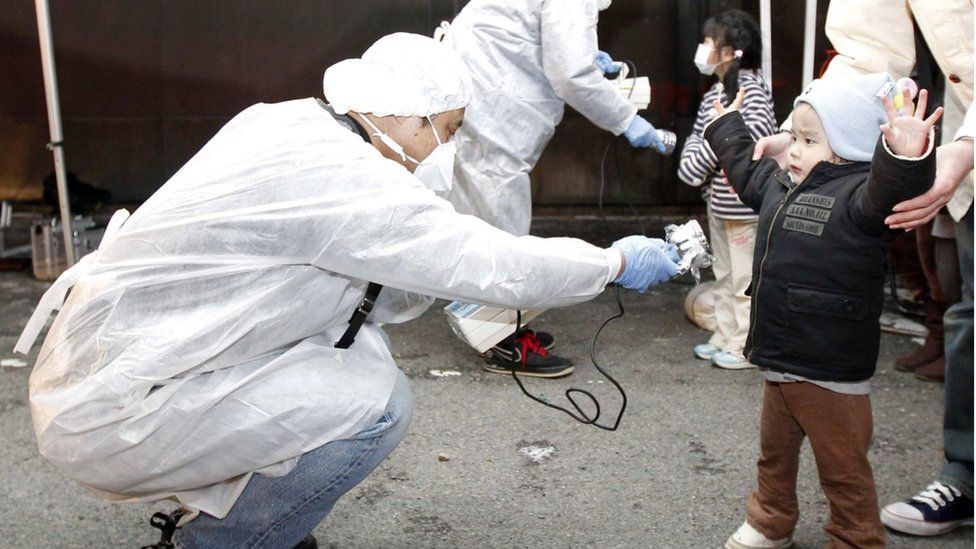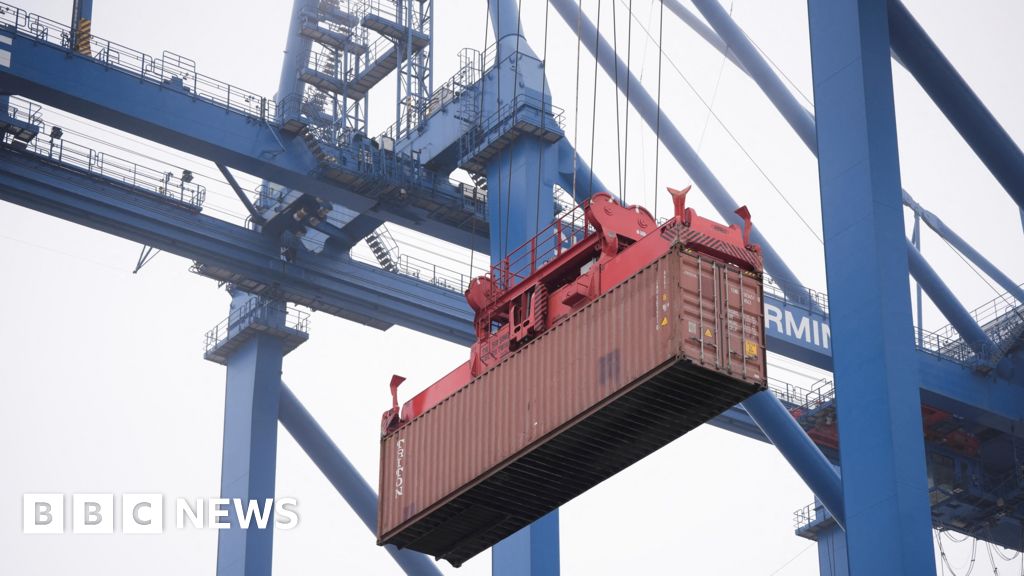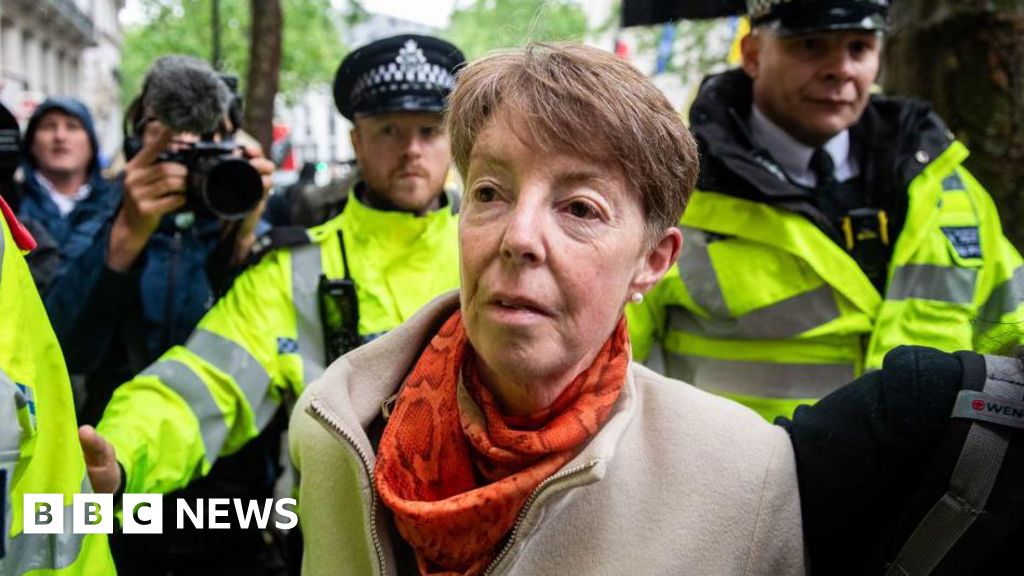ARTICLE AD BOX
 Image source, Reuters
Image source, Reuters
Children being tested for radiation after the Fukushima nuclear plant was damaged in 2011
Former bosses of the operator of the Fukushima nuclear power plant have been ordered to pay 13 trillion yen (£80bn) for failing to prevent a disaster.
The bosses from the Tokyo Electric Power Company (Tepco) were sued by shareholders over the 2011 meltdown which was triggered by a tsunami.
The court judged that the executives could have prevented the accident if they had exercised due care.
Tepco apologised but declined to comment on the court case.
"We deeply apologise for the immense burden and deep concern the accident at the Fukushima Daiichi Nuclear Power Station of Tepco Holdings is causing local residents and society at large," a statement said.
Plaintiffs emerged from the Tokyo court holding banners reading "shareholders win" and "responsibility recognised".
Their lawyers said they believed it to be the largest amount of compensation ever awarded in a civil lawsuit in Japan.
They acknowledged 13 trillion yen was "well beyond" the former bosses capacity to pay, but that the plaintiffs expect the men to pay as much as their assets allow.
"One accident with a nuclear power plant leads to irreversible damage to both human lives and the environment," said Yui Kimura, one of the plaintiffs.
"The executives of companies that operate such plants also have a huge responsibility on them that is incomparable with other companies."
"I think the court's judgement says that anyone who does not have the determination or capability to take on that responsibility should not become an executive."
The Fukushima nuclear disaster happened on 11 March 2011 when a massive earthquake off north-east Japan triggered a tsunami which led to a nuclear meltdown.
It was the worst nuclear power incident since the 1986 Chernobyl disaster in Ukraine, but has been considered less damaging to local people because far lower quantities of radioactive iodine were released.
No one was killed in the disaster, but the long-term effects of the radiation remain a matter of debate.
Fukushima fishermen worried about nuclear water release plan
Tepco shareholders argued the 2011 disaster could have been prevented if bosses had listened to research and carried out preventative measures like placing an emergency power source on higher ground.
The court ruled nuclear plant operators have "an obligation to prevent severe accidents based on the latest scientific and expert engineering knowledge", and the executives failed to heed credible warnings.
The damages from the former bosses are intended to cover the costs to Tepco for dismantling the reactors, compensating affected residents and cleaning up contamination.
The civil case was filed by shareholders in 2012.
The court's judgment said the case was based on the "most comprehensive examination of evidence regarding the cause of the Fukushima nuclear accident".
"Defendants should deeply apologise to the inhabitants and obey this ruling without appealing if they are willing to reflect on the devastating damage caused by the nuclear accident to many inhabitants," it said.
Separately, the Tokyo district court found three Tepco executives not guilty of professional negligence in a criminal trial in 2019, where they judged that they could not have foreseen the tsunami.
That case has been appealed and the Tokyo High Court is expected to rule on it next year.

 2 years ago
72
2 years ago
72








 English (US)
English (US)